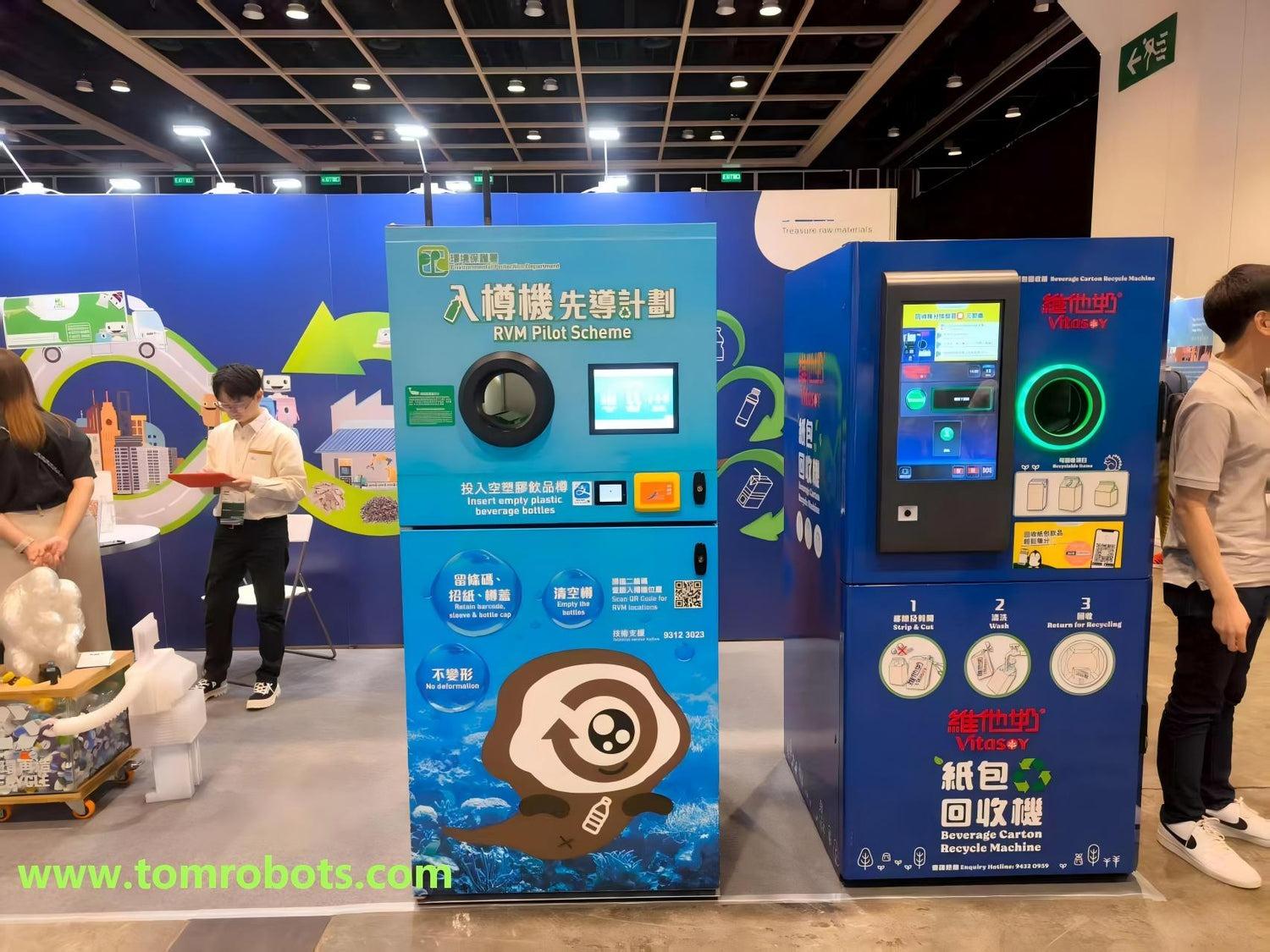-
Fil d’actualités
- EXPLORER
-
Pages
-
Groupes
-
Evènements
-
Reels
-
Blogs
-
Offres
-
Emplois
-
Forums
-
Film
Reverse Vending Machine: Transforming Waste Management and Recycling

Sustainable waste management is an issue that is of concern in the current world. One of the new ideas to deal with this challenge is the Reverse Vending Machine (RVM), which has been a revolution in recycling and environmental protection. However, what is a reverse vending machine, and how does it work?
A reverse vending machine is an automated kiosk that enables people to place containers used in beverages like plastic bottles, aluminium cans and glass bottles to have rewards or incentives. RVMs are the same but in a backward manner unlike regular vending machines where products are dispensed, in this case, waste is collected. Such a new practice does not only encourage recycling, but also gives people an incentive to engage in sustainable lifestyles.
What Is a Reverse Vending machine?
A reverse vending machine is not really complicated but rather technologically advanced. Customers place empty containers in the machine, and based on sensors and scanning technology, the machine detects the nature and the type of the item. Once checked, the machine compresses or stores the container effectively and creates a reward to the user. Depending on the arrangement rewards may be cash, coupons or loyalty points. Such incentive makes the recycling process more attractive and easier to the common people.
Benefits of Reverse Vending Machines
Environmental Impact: By collecting and recycling bottles and cans, RVMs significantly reduce plastic and metal waste in landfills and water bodies.
Convenience: These machines are user-friendly and available in public places like supermarkets, shopping malls, and transit hubs, making recycling accessible.
Economic Incentives: Consumers get tangible rewards for their recycling efforts, fostering a culture of environmental responsibility.
Data Insights: Businesses and municipalities can track recycling trends and optimize waste management strategies using data collected from RVMs.
The Future of Reverse Vending Machines
Due to the current concern on sustainability by governments and organizations around the world, the use of reverse vending machines will increase. RVMs help increase the level of recycling and make people more aware of the environmental conservation due to the smart technology implementation and digital payments.
To summarize, the reverse vending machine is not only a recycling device but also a move to a cleaner, greener, and a more sustainable future. RVMs are important in stopping environmental polls by influencing the responsible disposal of beverages containers and facilitating a circular economy.
- AI
- Vitamins
- Health
- Admin/office jobs
- News
- Art
- Causes
- Crafts
- Dance
- Drinks
- Film
- Fitness
- Food
- Jeux
- Gardening
- Health
- Domicile
- Literature
- Music
- Networking
- Autre
- Party
- Religion
- Shopping
- Sports
- Theater
- Wellness


